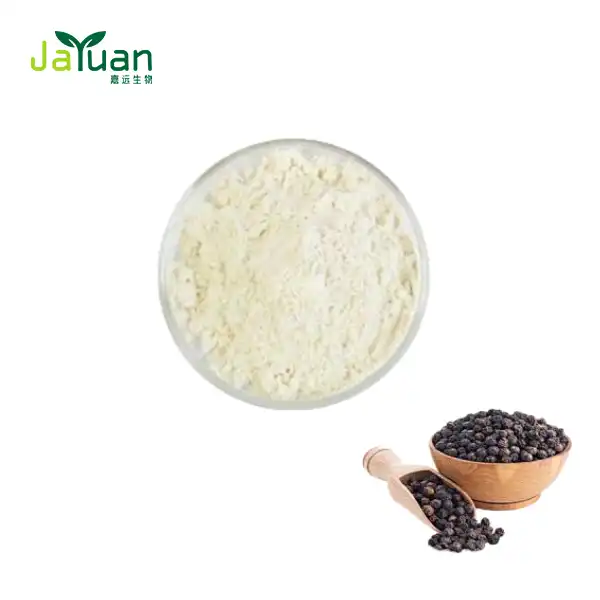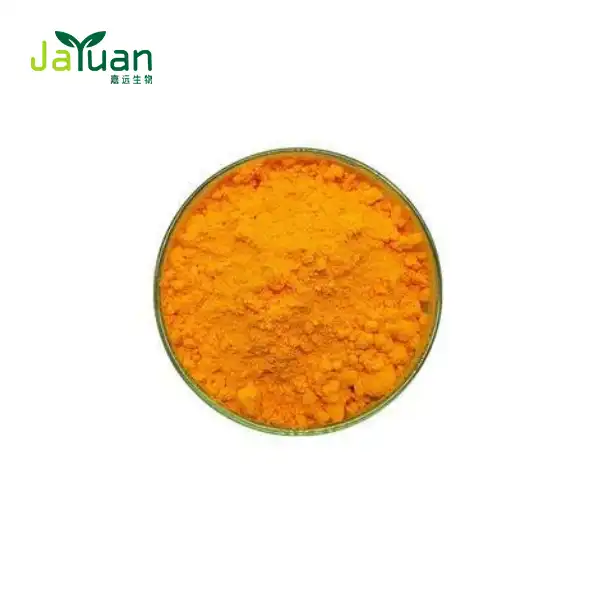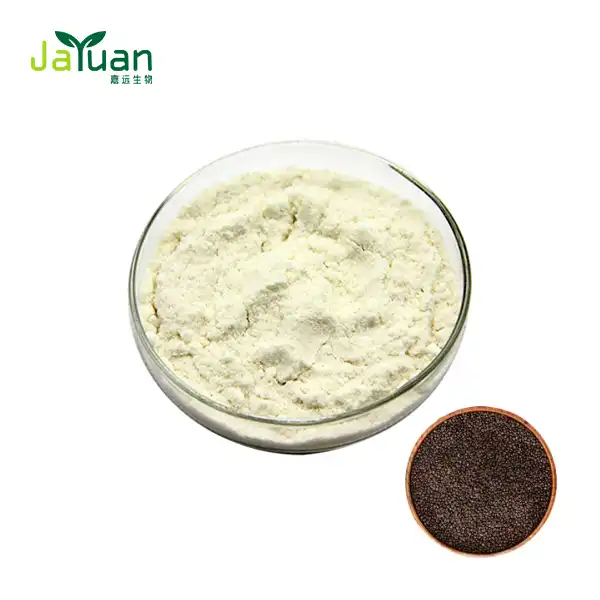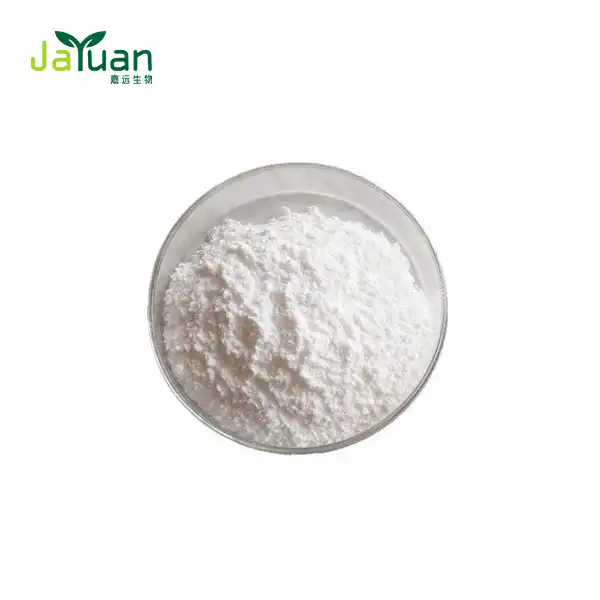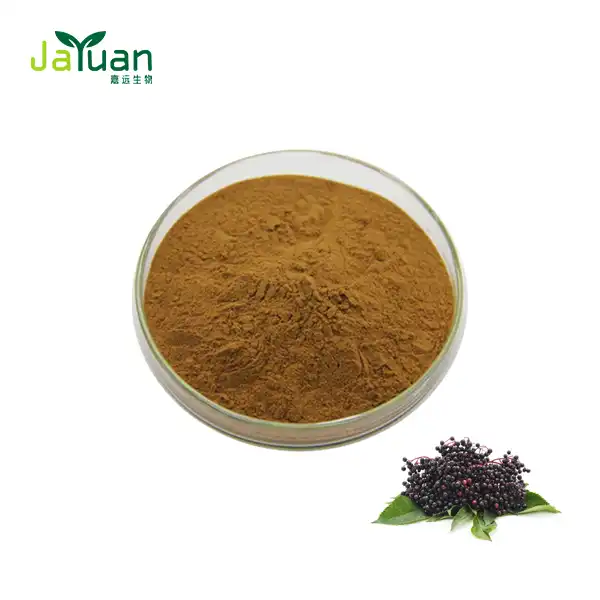Lutein Powder as a Natural Food Colorant: Applications and Benefits
In the ever-evolving world of food production, consumers are increasingly seeking natural and healthier alternatives to synthetic ingredients. One such natural solution gaining popularity is lutein powder, a versatile and beneficial food colorant derived from marigold flowers. This article explores the applications and advantages of using lutein powder in food products, highlighting its role as a natural colorant and its potential health benefits.

How Lutein Powder Enhances Food Color and Stability
Lutein powder, extracted from marigold petals, offers a vibrant yellow to orange hue that can enhance the visual appeal of various food products. Its unique properties make it an excellent choice for food manufacturers looking to replace synthetic colorants with natural alternatives.
One of the key advantages of lutein powder is its stability across a wide range of pH levels and temperatures. This characteristic allows it to maintain its color integrity during various food processing techniques, including baking, pasteurization, and freezing. The stability of lutein powder ensures that the final product retains its appealing color throughout its shelf life, meeting consumer expectations for visually attractive foods.
Moreover, lutein powder's solubility in fats and oils makes it particularly suitable for use in oil-based products such as margarine, salad dressings, and certain confectionery items. This fat-soluble nature also contributes to its bioavailability, allowing the body to absorb it more efficiently when consumed.
Another noteworthy aspect of lutein powder is its ability to act as an antioxidant in food systems. This property not only contributes to the overall stability of the product but also helps protect other sensitive ingredients from oxidation, potentially extending the shelf life of certain foods.
The natural origin of lutein powder aligns with the clean label trend, appealing to consumers who prefer products with recognizable, natural ingredients. As a result, food manufacturers can leverage lutein powder to create products that meet both aesthetic and health-conscious consumer demands.
Top Industries Using Lutein Powder for Natural Coloring
The versatility of lutein powder has led to its adoption across various sectors of the food industry. Here are some of the key industries benefiting from this natural colorant:
Dairy Industry: Lutein powder is extensively used in the dairy sector to enhance the color of products like butter, cheese, and yogurt. It provides a natural yellow hue that consumers associate with high-quality dairy products, particularly those rich in beta-carotene from grass-fed cows.
Beverage Industry: Many beverage manufacturers are turning to lutein powder to add a natural yellow color to their products. It's particularly popular in fruit juices, energy drinks, and flavored waters, where it can complement or enhance the existing color profile of the beverage.
Bakery and Confectionery: In the bakery industry, lutein powder is used to give a rich, golden color to products like cakes, pastries, and biscuits. It's also employed in the confectionery sector to create vibrant yellow and orange hues in candies and chocolates.
Processed Foods: Many processed food items, including pasta, cereals, and snack foods, utilize lutein powder to enhance their visual appeal. It's particularly useful in creating a "corn-like" appearance in products that may not contain actual corn.
Nutraceuticals and Dietary Supplements: Beyond its role as a colorant, lutein powder is also used in the nutraceutical industry. It's incorporated into various dietary supplements, often in combination with other carotenoids like zeaxanthin, to support eye health.
Pet Food Industry: Lutein powder is increasingly being used in pet foods, particularly for enhancing the color of egg yolks in poultry feed and improving the overall appearance of pet food products.
The widespread adoption of lutein powder across these industries underscores its versatility and effectiveness as a natural colorant. As consumer demand for clean label products continues to grow, it's likely that the use of lutein powder bulk in food manufacturing will continue to expand.

Health Benefits of Lutein Powder in Food Products
While lutein powder is primarily used as a natural colorant in food products, its potential health benefits add significant value to its application. Lutein is a carotenoid, a group of pigments known for their antioxidant properties and potential health benefits.
One of the most well-known benefits of lutein is its role in eye health. Lutein is found in high concentrations in the macula of the eye, where it acts as a natural sunblock, protecting the eye from harmful high-energy light waves like ultraviolet radiation. Regular consumption of lutein-rich foods or supplements has been associated with a reduced risk of age-related macular degeneration and cataracts.
Beyond eye health, research suggests that lutein may offer several other health benefits:
Cognitive Function: Some studies indicate that lutein may play a role in maintaining cognitive function as we age. Higher levels of lutein in the brain have been associated with better memory and processing speed in older adults.
Skin Health: As an antioxidant, lutein may help protect the skin from damage caused by UV radiation and oxidative stress. This could potentially contribute to healthier, more youthful-looking skin.
Cardiovascular Health: Some research suggests that lutein may have a positive impact on heart health by reducing inflammation and oxidative stress in the cardiovascular system.
Anti-Inflammatory Properties: Lutein's antioxidant properties may help reduce inflammation throughout the body, which is linked to various chronic diseases.
It's important to note that while these potential health benefits are promising, more research is needed to fully understand the extent of lutein's impact on overall health. However, the existing evidence suggests that incorporating lutein-rich foods into one's diet could contribute to overall well-being.
For food manufacturers, the dual functionality of lutein powder as both a natural colorant and a potentially beneficial ingredient presents a unique opportunity. Products colored with lutein powder can be marketed not only for their appealing appearance but also for their potential health benefits, particularly in relation to eye health.
Moreover, the use of lutein powder aligns with the growing consumer trend towards functional foods - products that offer benefits beyond basic nutrition. By incorporating lutein powder into their products, food manufacturers can tap into this trend, potentially increasing the perceived value of their offerings.
It's worth noting that the bioavailability of lutein can be enhanced when consumed with fats. This makes lutein powder particularly effective in fat-containing food products, as the lutein is more likely to be absorbed by the body.
In conclusion, lutein powder offers a multitude of benefits as a natural food colorant. From enhancing the visual appeal of food products to potentially contributing to consumers' health, it's a versatile ingredient that aligns with current trends in the food industry. As research continues to uncover more about lutein's health benefits, its value in food manufacturing is likely to increase further.
For food manufacturers looking to enhance their products with natural, functional ingredients, lutein powder presents an exciting opportunity. Its ability to provide attractive coloring while potentially offering health benefits makes it a valuable addition to various food formulations.
Are you interested in incorporating lutein powder into your food products? Our team at Jayuan Bio specializes in high-quality, natural ingredients including lutein powder bulk. We'd be happy to discuss how our products can benefit your formulations. Contact us today at sales@jayuanbio.com, sales1@jayuanbio.com to learn more about our lutein powder offerings and how they can enhance your products.
References
- Johnson, E. J. (2014). Role of lutein and zeaxanthin in visual and cognitive function throughout the lifespan. Nutrition Reviews, 72(9), 605-612.
- Buscemi, S., et al. (2018). The effect of lutein on eye and extra-eye health. Nutrients, 10(9), 1321.
- Abdel-Aal, E. S. M., et al. (2013). Dietary sources of lutein and zeaxanthin carotenoids and their role in eye health. Nutrients, 5(4), 1169-1185.
- Eisenhauer, B., et al. (2017). Lutein and Zeaxanthin—Food Sources, Bioavailability and Dietary Variety in Age-Related Macular Degeneration Protection. Nutrients, 9(2), 120.
- Mares, J. (2016). Lutein and Zeaxanthin Isomers in Eye Health and Disease. Annual Review of Nutrition, 36, 571-602.
- Kijlstra, A., et al. (2012). Lutein: More than just a filter for blue light. Progress in Retinal and Eye Research, 31(4), 303-315.

